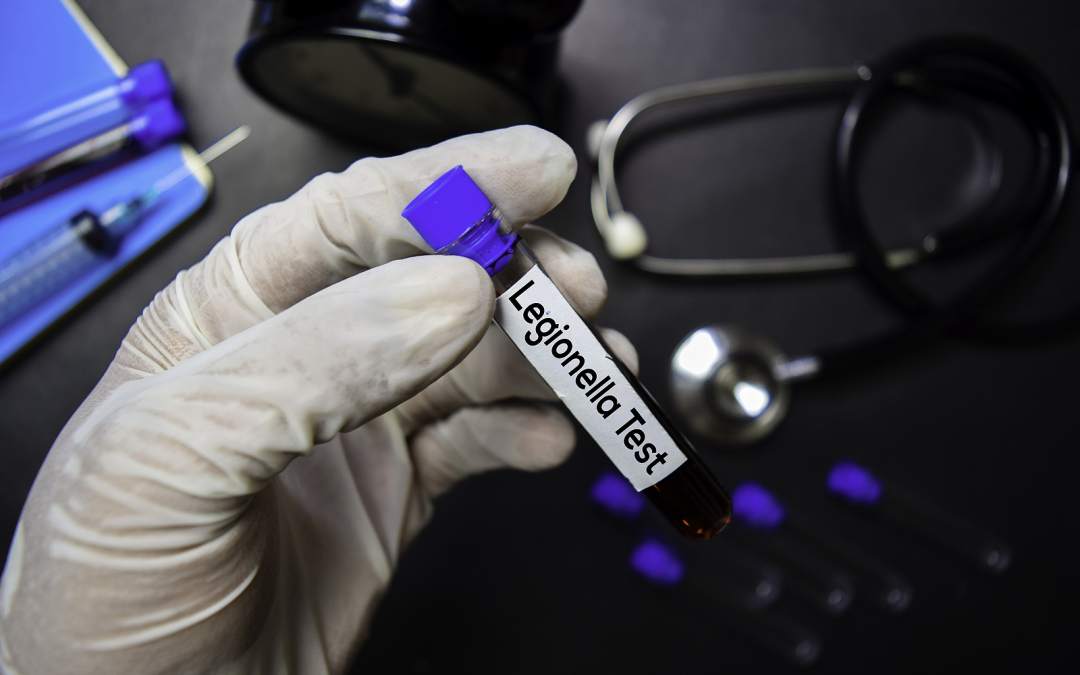Clean water is something we take for granted in the UK. True, places like London and the south-east can suffer from hard water and this is less kind to skin and clothes in the wash than soft water, but it is almost always the case that you can use it safely.
However, there is an exception to this, which comes in the form of legionella. This is a deadly bacteria that can thrive in hot and cold water systems, with those infected catching legionnaire’s disease.
What Is Legionnaire’s Disease?
This is a respiratory disease that can only be caught by inhaling water droplets that end up in the lungs, which means you can get it from steam or spray. You cannot catch it from drinking infected water, either from the tap or an outdoor source like a spring or stream, nor can you catch it from someone who has the disease.
Once caught, it can be fatal if not treated in time, with the overall mortality rate around five to ten per cent, though it can be much higher for those with underlying conditions. Hospitalised patients are usually given oxygen and antibiotics in order to recover, a process that can take weeks to be completed.
Thankfully it is a rare hazard and a reason this is so is that it is seldom caused by a problem in a domestic water system. The bacteria usually thrive in a larger-scale system designed for more people to use, such as a hotel, office, hospital, or a home of multiple occupancy where a central water heating system is shared.
However, this means that if you are in a senior position of owning or managing such a property, you need to make sure the systems are safe. If there is an outbreak, you will be left with a lot of questions to answer about why some people became seriously ill and in some circumstances you may face prosecution.
What Residential Landlords Need To Do
In the case of residential property, landlords are bound by section 3(2) of the Health and Safety at Work Act 1974. This provides that people should not be exposed to health risks, and section 53 stipulates that, in a residential setting, landlords are classed as being self-employed and the “other persons” listed in section 3(2) includes tenants.
You will also need to act in accordance with the Control of Substances Hazardous to Health Regulations 2002, and the L8 Approved Code of Practice (3rd edition) published in 2001 (and republished in 2013).
Bringing in an expert to carry out a legionella test is a good way to ensure you have kept everything safe, especially if you do not feel confident that you can carry out the checks yourself.
Everything will depend on the state of the equipment used for heating and cooling water. It needs to keep hot water hot and cold water cold. Everything should function correctly and there should not be debris in the water. Redundant pipework should be removed and the system should be flushed out prior to a new tenant moving in.
Unlike gas and electrical inspections, landlords do not have to carry these out according to a regular timetable, such as the mandatory annual gas safe check. However, it is an ongoing responsibility and it is important to understand that as this rests with the landlord, you should always be ready to stay on top of things.
While that may sound onerous, it should not; if the water systems are in a good state of repair, the risk of legionella flourishing is very small. If they are not functioning well, it is likely your tenant will be asking you to get them fixed anyway.
Why Building Managers Should Call In The Inspector
If you are a manager of a building like a hotel, office, or hospital, it may be more likely that you will need to get an expert in to carry out a thorough check, due to the larger size of the premises and the fact the system will be more extensive, increasing the risk.
Moreover, such buildings contain more of the kind of water appliances that might harbour legionella, such as water coolers, spa facilities, or fountains.
In addition, it is worth noting that an outbreak of legionnaire’s disease in a building used by a large number of people is likely to have greater consequences. It can make more people ill and the scale of the outbreak will also make it newsworthy. The last thing you want is headlines in the local press about the outbreak in your hotel.
To summarise, the dangers of Legionnaire’s disease make it something you need to take extremely seriously. Make sure you get the inspections you need carried out.

